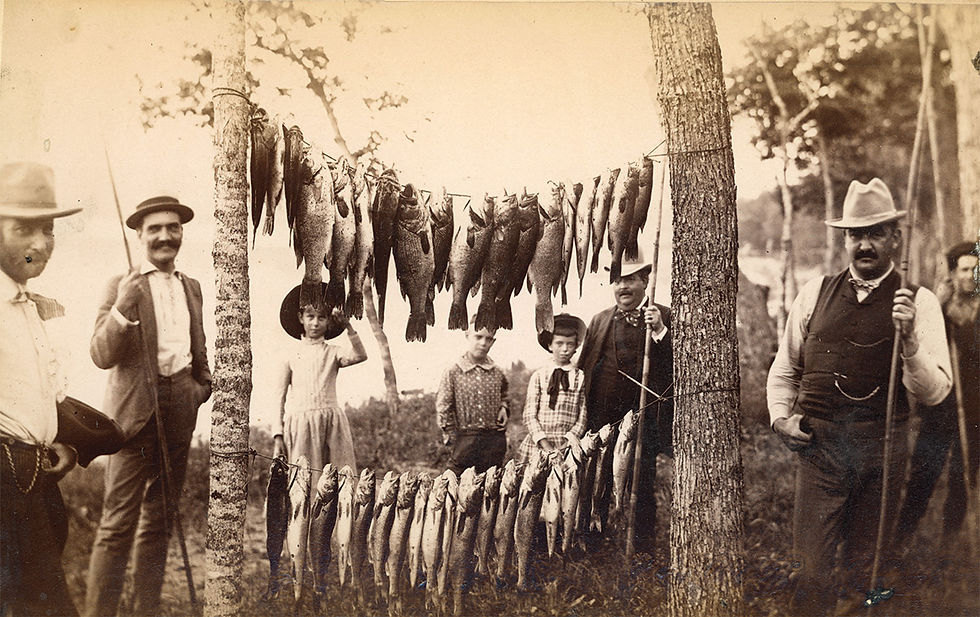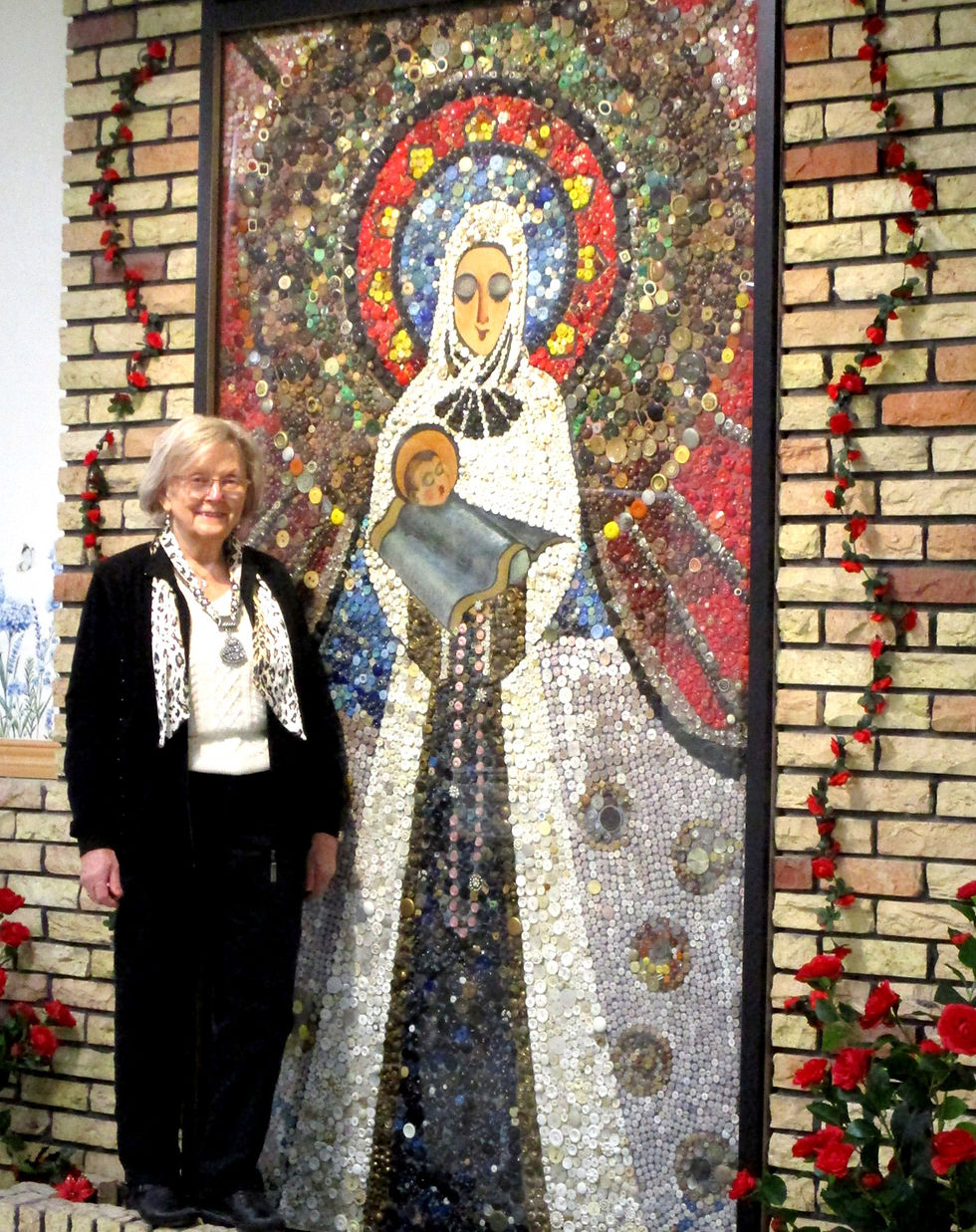The rewards of a rescue
- Sr Perspective

- Oct 27, 2025
- 4 min read
Ups and downs of rescue dog adoptions
By Sandy Erdman
Today, many rescue dogs are becoming great pets. They are often friendly and will, like most dogs, guard and protect their owner.
Some rescue dogs have come from abusive and neglect situations, some from flood and hurricane areas, and some from homes of elderly who can no longer take care of their pets. Many Humane Society organizations around the country are crowded with dogs, cats, and even other animals, so when an individual takes it upon themselves to work with a rescue animal, they are a sure welcome to the Society. And the trainer with the animal can often times become the owner.
As with Kurt Angst of Winona has worked mainly with rescued dogs.
“My first dog was a golden retriever I had him from eight weeks old to 12 years. Moving forward I decided to rescue dogs because of how so many were treated badly. I wanted to make a difference so I rescued a 135-pound Rottweiler, the people abandoned her in their home. It was a challenge again to gain her trust. She did bite me bad one time and it took me to my knees. I later found out this breed has the strongest square inch bite pressure of any dog. The day that happened, she stayed away from me because she knew what she did was wrong. Once she came up to me for whatever reason, she bonded hard and never left my side after that. I then rescued a Staffordshire, and had him for many years. Again the challenge was trust. He too was abused and was used as a fight dog with many scars. I was sad that people treated him like that, but with further work he turned out to be an amazing dog. So these are just a couple that I rescued over the years. And then came Spencer.”
Spencer is a special dog that Kurt can describe in three words, “Loyal, athletic and affectionate.”
“Spencer is eight years old and has been with me for four years now. He came from Texas and was dropped off at the Humane Society in LaCrosse, Wis. No one would adopt him because he had an aggressive side from being abused. He was in the humane society for quite some time when I happened to walk in and saw him. They said it was tough to try and find a home for him, so I fostered him first, then I ended up keeping him because of his positive progress.”
Since Kurt travels quite a bit, which can be difficult with Spencer.
“Spencer has some challenges in traveling,” said Kurt. “He gets anxiety very bad and I’m not really sure what caused it. I have tried different methods to help calm him, even though I don’t like giving him anything and it really didn’t help a lot, so I stopped doing it. He still gets anxiety but loves to go for rides, so I take him a lot. Spencer has a crate because of this anxiety and it gives him a little more security. He is definitely protective and once he bonded, he is definitely considered a guard dog. He socializes with people and dogs, so that has helped calm him some.”
Many rescue dogs are loyal and appreciate being in a new home environment. Spencer included.
“Spencer definitely has an appreciation you can see from where we started to where we are now. There are still some side effects from his past and we always continue to try and work through them. But literally the dog is the difference of night and day, all with a little work, love, and caring.” Kurt said, “Spencer was not shy by any means. He has always been an alpha. When I rescued him, he would pretty much eat anyone, literally, including people and dogs. That’s why it was so difficult to place him and why no one would take him. I continued to work with him, training, socializing, and in time he turned around. Will he always have some issues with his past? Yes, but he has really become an amazing dog!”
There is the 3-3-3 Rulewhen it comes to rescue dogs. That is three days to adjust, three weeks to train and three months to bond. Kurt believes this rule pertains to dogs in general, but not necessarily ones that have a damaged past. He said Spencer was smart and trained very quickly, but said trust and bonding were a challenge and took probably a year.
“I receive positive reflection on how Spencer has progressed over the years,” Kurt said. “I have to thank a gentleman by the name of Eugene Smith of Winona. He has a dog named Casey, and he is the one that helped me break the barrier with Spencer and other dogs. Casey and Spencer are best buddies and I will say both Eugene and Casey helped Spencer progress positively. It was Spencer’s first true puppy friend. If it was up to him he would swim all day long. The funny part was Spencer never knew how to swim when I got him, it took about a year or a summer. Little by little, and now he won’t stay out of the water.”
Kurt offers a tip... if you foresee an opportunity to improve the life of an animal, go for it.
“Some are definitely more challenging than others and you definitely have to have patience,” he said. “You have to understand that you will never really know what the past was for the animal, I didn’t accept that. All you can do is move forward and make the experience more positive. There are never any guarantees, but you can change a dog’s life to be positive. Now, Spencer has come a very long way and I will say out of all the animals that I have rescued and by far Spencer has been the most challenging. To see him progress from when I first got him to where he is now, it’s life-changing and rewarding because I see the happiness in him now. He is definitely man’s best friend. He shows his appreciation, his loyalty, and his trust. Dogs are like humans, but show the real love all the time.”




Comments